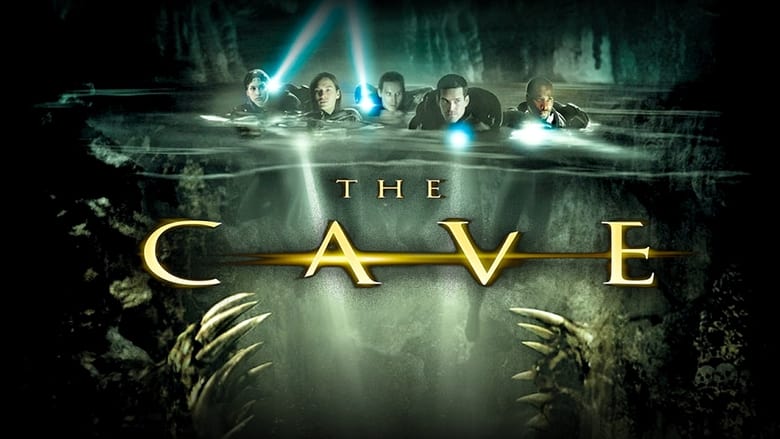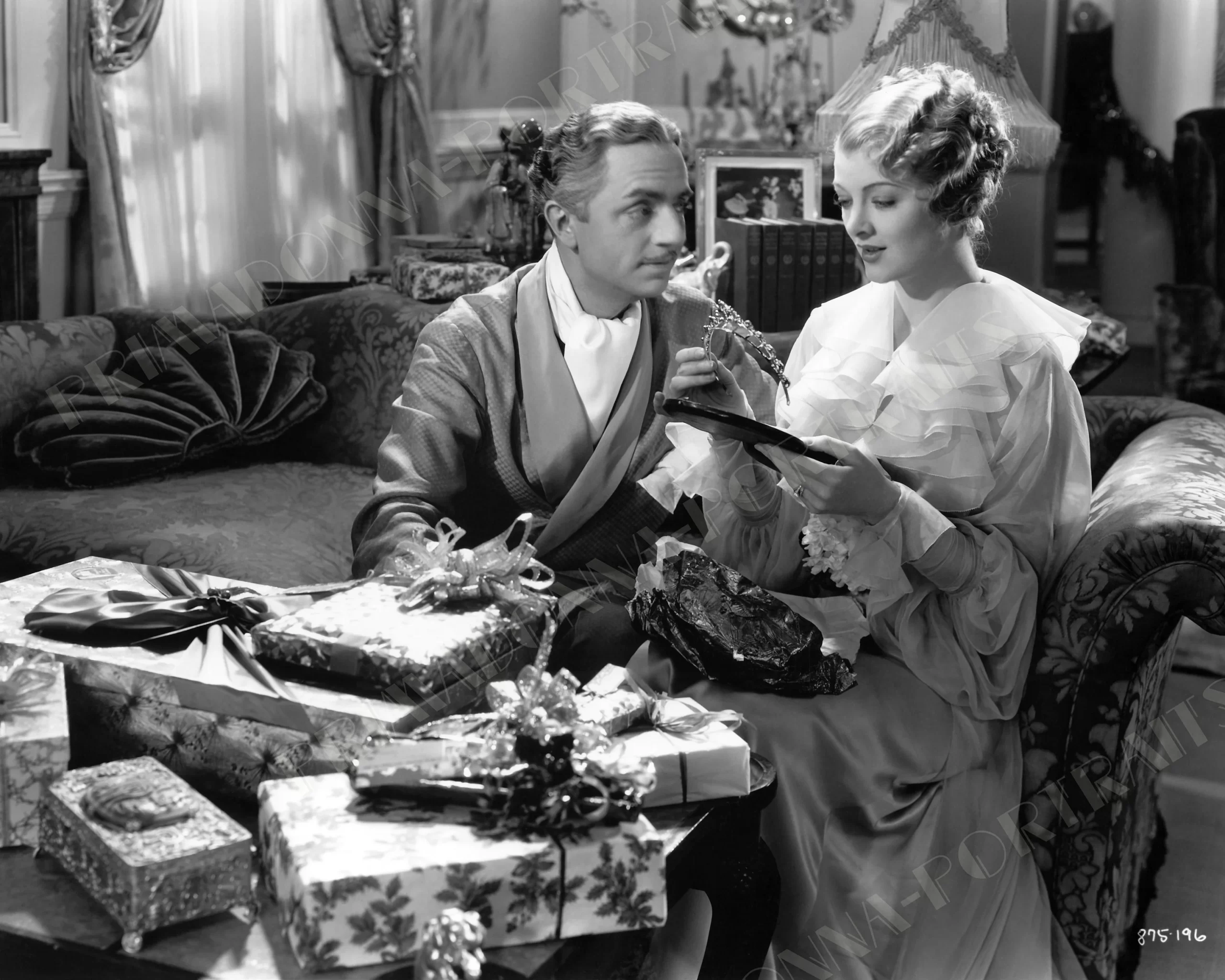There are a number of compelling reasons to not cast Emma Stone as your movie’s sole mixed race character. An obvious concern, of course, is that Stone is white and lacks the features to make her fictional ancestry credible. An even better objection is that there are no shortage of less established actresses of color who could play the role far more convincingly either way. Parts specifically written for characters of color are appallingly scarce enough, casting an Anglo instead just adds insult to injury. This isn’t like in The Descendants when George Clooney played a character with some native Hawaiian ancestry generations prior.
No, in Cameron Crowe’s Aloha Stone plays an Air Force pilot named Allison Ng who is supposed to be a quarter Hawaiian and a quarter Chinese and brings it up a lot. At least she’s an actual character with lines and backstory though. The movie definitely earns some of the criticism he’s received for whitewashing a state with such a high percentage of East Asians and indigenous people, turning the few non-white faces and their culture into props for what turns out to be a mess.
Just as glaringly Crowe takes a potentially terrific cast and jams them, like Stone, into parts that don’t make a considerable amount of sense. There’s John Krasinski as an Air Force pilot, for some reason, who spends most of his days flying over distant lands in secret missions he can’t even tell his family about (and we get the sense wouldn’t anyway even if protocol allowed him to). His wife, the ever dependable Rachel McAdams, is tortured by his maddeningly wordless presence and lack of emotional support. And there’s Bill Murray cast, somewhat awkwardly, as Carsh Welch, an eccentric billionaire who is a pioneer of the new private-money space exploration.
He’s sent Brian Gilchrist- a contractor played by Bradley Cooper (armed as always with his male-shark eyes and implacable grin)-to help finalize construction of the base from which he will launch a rocket into orbit. It’s a job that involves empty promises to natives-Hawaii’s original currency-to build on their sacred land in exchange for—well, it obviously doesn’t matter. In between false assurances he revisits a former girlfriend from years before he’s never gotten over (McAdams) and is accompanied at the military’s orders by Ng, who he initially doesn’t care to be around, though that quickly changes.
Aloha is in part a romance, but it’s also movie that is self-consciously attempting to be topical and relevant too. With the midlife disillusionment of Cooper’s character, injured badly by a missile attack while working in Afghanistan some time before, it tries to tap into the national anxiety about where we are right now and what the once-bright future holds in store. The sinister depiction of the private-sector contractor Welch too displays a great ambivalence about the wealthy who hold so much power along with a very post-Iraq invasion awareness of the perils of outsourcing so much of the military and government to profiteers.
The result is an odd mismatch. Crowe keeps it drifting along fine on its own low-key charm only to sputter on elements that seem way too heavy and serious and out of place-(the climax could be reworked only slightly to be something out of a James Bond picture)-that hardly ring true. Some ingredients in and of themselves might have been interesting, but in total it’s a warmed-over dramedy that hardly goes together for any reason other than a writer-director has opted to put it all together. Aloha‘s hour mark consequently feels like the ninety-minute mark.
The comedy isn’t sharp (many jokes clearly meant to kill fall horrendously flat) and the dialogue is sometimes just embarrassing (“I go hard. I go deep. I break things” or “You sold your soul so many times nobody’s buying anymore”). A wordless scene between Cooper and another character that still manages to convey a major revelation about the past does not convince. Crowe’s heart is most likely in the right place, even with his disappointingly white Hollywood casting (and the dorky cultural appropriation of its title) makes him look bad. But with this all-over-the-map bittersweet, feel-good luau he has bitten off more than he can chew.







